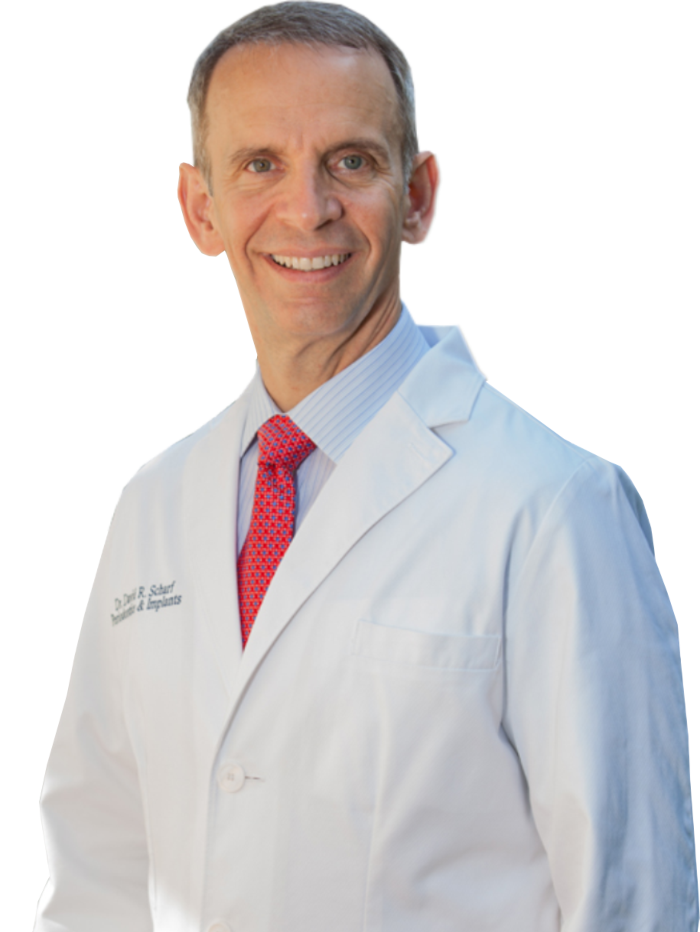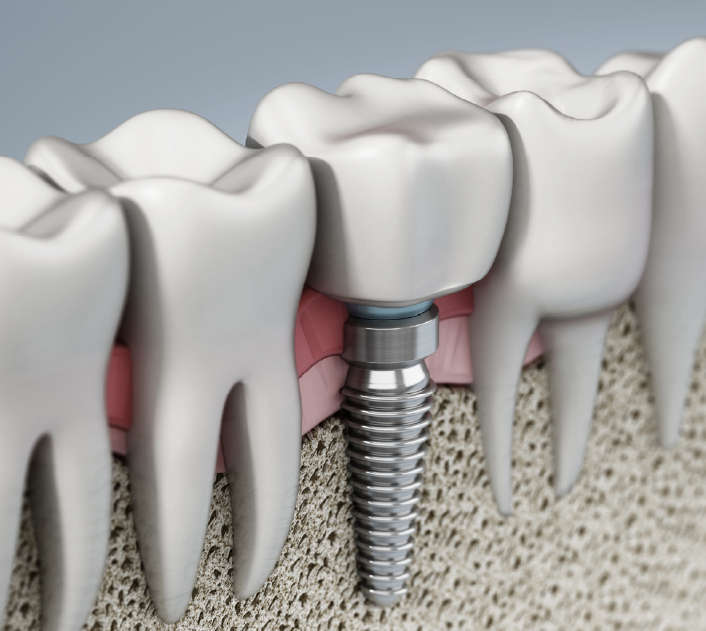
Dry Mouth Treatment in Long Island
Click above to see reviews.

Why Saliva Is Important

Saliva is a hard-working liquid produced in salivary glands inside the mouth. It works to make it easier for us to talk, protects our teeth, gums, tongue, and palette, allows us to swallow, and even helps break down food for digestion. Sometimes, for a variety of reasons, these glands fail to produce the volume necessary to take care of all these important tasks. The result is an uncomfortable sensation known as dry mouth.
Dry mouth can occur in both men and women of any age, and can be subtle enough that some people afflicted may not even notice at first. It’s important to be vigilant for signs and symptoms after switching or adding new daily medications to your health routine, after undergoing certain medical procedures, or during lifestyle changes (including the use of tobacco or alcohol.)
Suspect you may have this unpleasant oral condition? Here’s how to spot the symptoms of dry mouth and some of the more common causes, and how we can help you get relief.
What is Dry Mouth?
The official name for dry mouth is xerostomia (zeer-oh-STOW-mee-a), which is used to describe the sensation regardless of the cause. If you have a dry mouth, you’ll feel almost as if the inside of your mouth – particularly the tongue and inside of the cheeks – is sticky or rough without an obvious cause. It will feel as if you’ve been very physically active without drinking an adequate amount, even if you’ve been sitting still.
Dry mouth can occur due to:

- Certain medications, particularly daily medications. Dry mouth will likely be listed among the medicine’s potential side effects, either on the packaging or in the included pamphlet or literature from the pharmacy.
- Certain medical treatments, such as chemotherapy, or diagnosed medical disorders, such as Sjogren’s syndrome, a condition that attacks and compromises salivary gland production.
- Sleep problems, such as sleep apnea. “Open mouth” sleepers can experience dry mouth upon waking, as evaporation dries out their mouths over night.
- Environmental conditions, such as continual exposure to certain chemicals – paint, sealants, pesticides, fragrances, cleaning products, and more.
- Age-related progression. As you age, your salivary glands may naturally ramp down production.
- Tobacco and alcohol usage. Both of these recreational substances can have a drying effect, or may thicken your saliva and make it less effective.
If you’ve been experiencing dry mouth, it may be due to any combination of these causal factors, or potentially even something else entirely. Dr. David R. Scharf and his team will work with you to narrow down causes to minimize or even eliminate the effects of xerostomia.
What Are The Symptoms of Dry Mouth?

There are fundamental differences between having a dry mouth and having dry mouth. Most notably, if you have dry mouth it won’t be a “one off” issue; you’ll notice that your mouth feels dry or uncomfortable frequently, at minimum a few times a week. You may notice a trigger before your dry mouth is at its worst, such as right after taking medication, or when waking up in the morning.
Dry mouth also won’t stop just because you sip some water. It’s persistent and can have long-lasting impacts, such as bad breath from bacterial growth, and potentially more cavities over time. If your tongue feels like it “sticks” to the roof of your mouth, if you experience difficulty swallowing in general, or feel like food is hard to swallow, you should discuss it with our team as soon as possible so that we can offer comfort and dry mouth solutions.
How is Dry Mouth Treated?
Dry mouth treatment, like many dental and oral conditions, begins with diagnosis. If you suspect you have dry mouth, the first step is making an appointment with Dr. Scharf and his team to discuss your concerns. We’ll examine your oral health, note any potential problems, and explore potential causes for your symptoms.
Once dry mouth has been determined to be the culprit, there are a variety of solutions available. They may be as simple as lifestyle changes – e.g. avoiding certain foods, drinks, or tobacco during certain periods – or more involved, such as discussing your medications with your prescribing doctor(s).

To address immediate symptoms, we may recommend remedies such as artificial saliva products or gummies, candies, or mints made with saliva-encouraging ingredients like xylitol. Because dry mouth comes in so many different varieties and severity levels, there’s no such thing as a “one size fits all” approach – which is why we’re happy to help create a custom approach for you!
Is Dry Mouth Serious?

Dry mouth is definitely uncomfortable, and can affect everything from your dental health to your sleep cycle. It can affect your self-esteem due to bad breath or difficulty speaking clearly, particularly if you’ve been struggling with the effects for a long period of time. In severe cases, it can even negatively affect your enjoyment of your favorite foods and drinks.
As a Periodontist, Dr. Scharf is committed, alongside his team, to ensuring that you feel comfortable and confident in the health of your mouth. By promptly diagnosing and treating your dry mouth symptoms, our office can ensure a minor annoyance doesn’t turn into something more troubling. If you’re tired of dealing with a dry, “sticky” feeling mouth, hiding bad breath, and drinking bottle after bottle of water without relief, reach out to our team.
If your mouth has been feeling dry consistently, you don’t need to put up with discomfort or drink gallons of water for relief! Whether you’re looking for a specific appointment to assess dry mouth or simply want us to check for dry mouth during your regular appointment, we’ll be happy to help.
Long Island Dry Mouth Treatment
ADDRESS:
98 East Main Street
Babylon, NY 11702
Get Directions
PHONE: (631) 661-6633
OFFICE HOURS:
- Monday: 11:00 AM to 8:00 PM
- Tuesday: 9:00 AM to 8:00 PM
- Wednesday: 8:00 AM to 5:00 PM
- Thursday: 8:00 AM to 5:00 PM
- Friday: 8:00 AM to 5:00 PM
